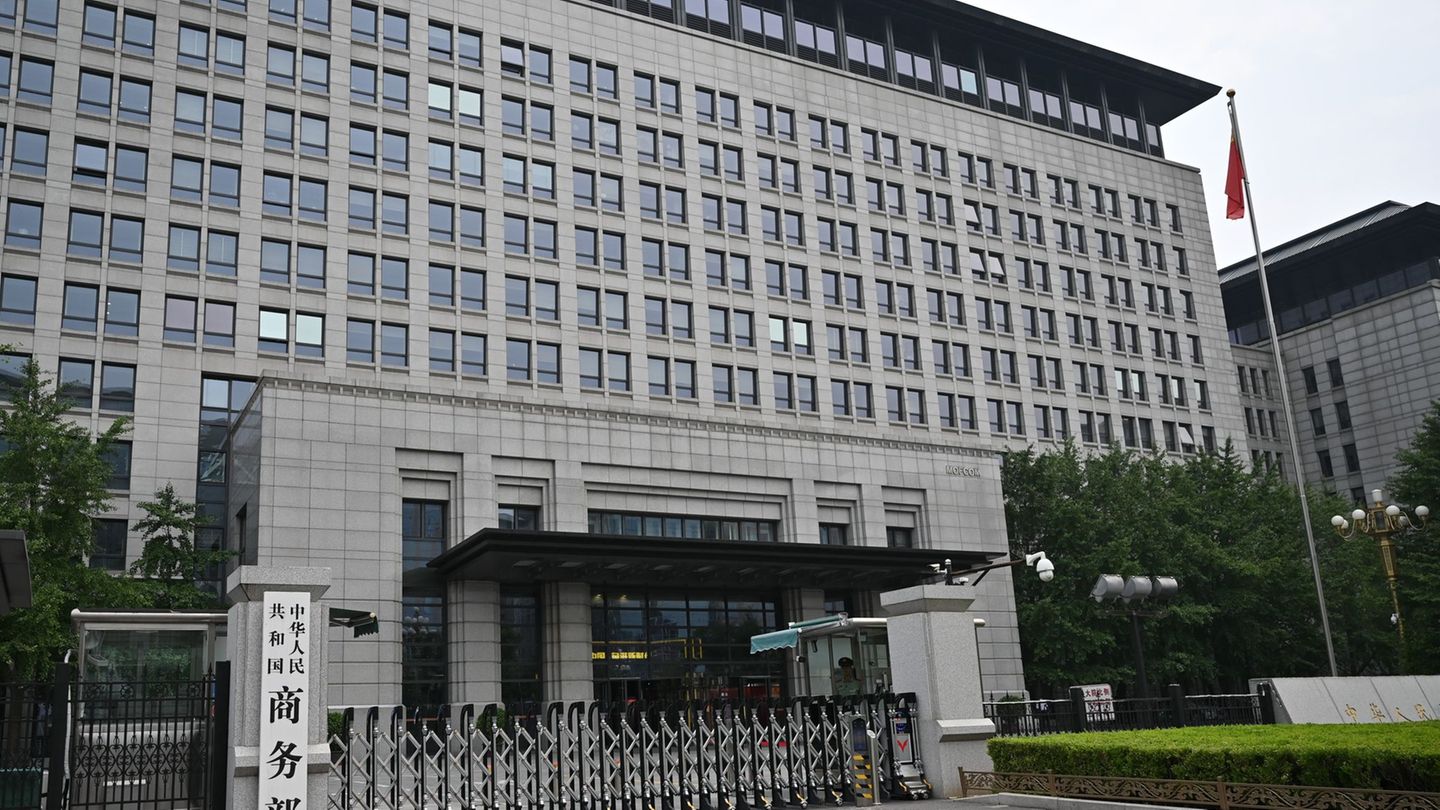Article 7°: It is understood that the employment relationship or contract is registered when the worker is registered in the forms and conditions established by the regulations.
Such registration must be simple, immediate, expeditious, and carried out through electronic means.
The implementing authority will ensure an agile system or mechanism for the preparation of pay slips, especially for companies with up to twelve (12) employees inclusive.
Regarding the latter, the system will provide for a single amount for all obligations arising from legal employment relationships and social security. From the amount paid, the collecting entity must distribute each of the concepts arising from the relationship to the corresponding recipients.
When the standard speaks of “corresponding recipients”, it refers to the social security subsystems.
What did ARTICLE 7 of Law 24,013 say before the basic law?
– It is understood that the employment relationship or contract has been registered when the employer has registered the worker:
- a) In the special book of article 52 of the Employment Contract Law (to 1976) or in the employment documentation that takes its place, as provided for in the particular legal regimes;
- b) In the records mentioned in article 18, paragraph a).
Employment relationships that do not meet the requirements set out in the preceding paragraphs shall be considered unregistered.
We have a world of differences between an outdated way of seeing the beginning of any employment relationship, leaving the mere registration of an employee in an accounting book or documentation that takes its place. The Ley Bases updates and modernizes early registration, the only valid registry to have a certain employment record.
Finally, when in his second paragraph he refers to a agile and simplified mechanism, The tax collection agency (AFIP) comes into play, where it must provide the necessary means for this to happen, as it happens today, with the preparation of the special service for private homes through said agency.
From article 83 of the Basic Law, we enter into the additions to Law 24,013, giving more importance to the replaced and developed article 7.
Article 83 JOIN IN ARTICLE 7 Bis of Law 24,013:
Article 7º Bis – The registration carried out in accordance with the terms of article 7 is considered fully effective when it has been carried out by any of the persons involved.
This rule refers, neither more nor less, to the validity, effectiveness and clarity of when an employee is registered with his employer; it is simply valid when he has early registration, the only valid means for this.
Article 84 JOIN IN ARTICLE 7 ter of Law 24.013:
Article 7º ter: The worker may report the lack of labor registration to the Enforcement Authority, which must offer an electronic means for this purpose, to the Federal Public Revenue Administration, an autonomous entity within the scope of the Ministry of Economy, or to the local administrative labor authorities.
The system must issue the relevant certificate.
Article 84 of the Basic Law takes you directly to the repeal of articles 08/09/10/11/15 of Law 24,013 of article 99 of that law.
It simply incorporates a method, when the employee is not registered or is partially registered, which must have an electronic, agile and practical system to report whoever has him in this situation and that the tax collection agency, AFIP, acts accordingly within its jurisdiction. In other words, this is combating illegal work. Employees who are not registered or are registered but partially are being given a mechanism that, through a “button”, which we currently call a “mobile application”, can report illegal work without any detours or intermediaries.
What is it like now? If an employee is not registered, either partially or totally, he or she must seek legal assistance, write a work telegram, send it by Argentine Post and wait 30 days for the employer to register and acknowledge it. In 99% of cases, of course, the refusal is absolute and the job is lost. Therefore, we end up in litigation. Only when 2 or 3 years have passed and the judge rules that there was clandestine work, and the initial requirements have been met, such as notifying the AFIP, only then will the employee receive his or her compensation.
Since the new law came into effect, employees will have a quick and practical mechanism to report their employer without delay. This report will then reach the supervisory body, the AFIP, which will act accordingly.
Article 85 JOIN IN ARTICLE 7 quater of Law 24,013:
Article 7º quater: In the event of a final court ruling that determines the existence of an unregistered employment relationship, the judicial authority must inform the entity collecting social security obligations, within TEN (10) business days following the date on which the ruling becomes final and accepted, of all circumstances that allow the determination of existing debt, if any, and carry out the recognition of the years of service worked.
If, according to a final court ruling, the employment relationship is incorrectly classified as a contract for work or services, the debt determined by the collecting agency will be deducted from the components already entered in accordance with the regime in question.
The incorporation of the quater section to article 7 of law 24.013 through art. 85 of the Basic Law practically clarifies that, if a judge sentences a clandestine employment relationship, he must notify AFIP so that the tax collection agency can determine:
- The existing debt, that is, for example if the Judge ruled unregistered work from 05/05/2022 to 05/05/2024, he must look at all those months and calculate the omission to items 351/301 of form 931 SUSS which has to do with contributions and contributions to social security and its respective decentralized organizations.
- Then, carry out, of all those months, the inclusion to the stowork history sheet of the injured employee.
The last paragraph tries to put an end to clandestinity through tax figures, such as, for example, the monotributo. That is, if the judge sentences a labor clandestinity, but this occurs not because it was not registered, but because it was not registered and was recorded as independent (monotributo), when having to pay the tax and social security components, these same are deducted from the period in question.
At the end of Chapter I, the last two articles, Article 86 and 87 of the Basic Law, do not incorporate, but SUBSTITUTE AND REPLACE the Single Labor Registration System. Or rather, they eliminate a section of Article 18 of Law 24.013.
- b) The registration of employment contracts under modalities promoted according to the provisions of this law;
The LCT establishes different contractual modalities with a fixed term, seasonal, and eventual. These modalities have gone out of fashion and only tend to lead to clandestine employment. Article 87 removes this section and leaves two of the three existing ones, making it clear what the Single Labor Registry must contain:
- a) The registration of the employer and the affiliation of the worker with the National Social Security Institute, the family benefit funds and the national health system provider chosen by the worker;
- b) The registry of workers who benefit from the comprehensive unemployment benefits system.
It speaks of nothing more and nothing less than the fact that the employee must be registered in the employer’s pension obligations, which has to do with Law 23660/61; 19,032; 24,241, 24,714 and 24,013.
Lastly, and very importantly, it simplifies the single labour registration system, making it clear that the employee’s affiliation to the health system, social security, family allowances and a record of employees who are beneficiaries of the unemployment fund must be recorded.
Replacing and EXPANDING Article 7 of Law 24013 is nothing more or less than modernizing the labor market, modernizing individual labor relations that are no longer as we know them. Those of us who have been working with labor justice for more than a decade see a setback in labor legislation and a lack of simplification in all aspects. This chapter should not be seen as bad or good, it should be seen as the future in the way labor relations are being developed.
The main purpose or motive for the repeal of a large part of Law 24013 and its additions has to do with eliminating bureaucracy, reducing the high rate of litigation that is increased by Law 24013 and giving the employee a useful, expeditious and effective tool where he can immediately report the violation of his labor rights.
Source: Ambito
David William is a talented author who has made a name for himself in the world of writing. He is a professional author who writes on a wide range of topics, from general interest to opinion news. David is currently working as a writer at 24 hours worlds where he brings his unique perspective and in-depth research to his articles, making them both informative and engaging.




